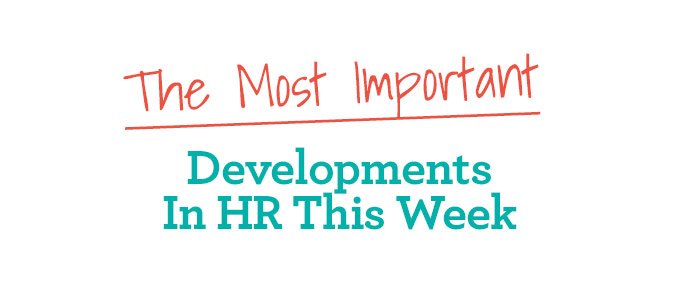
Job Interviews Without Gender
In an attempt to eliminate bias, some companies are masking the gender of candidates they interview through techniques such as removing names from résumés and altering voices on phone calls. The writer believes such strategies reduce sexism in hiring but may mask the real problem: company cultures that drive out female employees. New York Times


Filling America’s 6 Million Job Vacancies
As automation takes over repetitive tasks, workers will need to improve their digital skills en masse to work in new fields. That process may work better than it did in the late 20th century, thanks to data-driven tools such as LinkedIn’s Economic Graph that better link job seekers, employers, educators, and skills. The Atlantic


Top 10 Tips for Hiring Differently Under Salary History Laws
New regulations in California, Massachusetts, Oregon, and Delaware (and probably other states soon) dictate employers, third-party recruiters, and reference checkers can’t inquire about applicants’ current or past pay or benefits history, nor can that info be used to determine a new hire’s salary. HR should educate staffers and applicants on the new law, monitor recruiting practices, and instead find viable candidates by asking them for salary targets, being transparent about ranges offered, establishing fixed salary formulas, and/or disallowing salary negotiations. ERE.net


As work evolves, culture has to keep up
Culture is a major buzzword in HR as companies struggle to create positive work experiences (leading to positive business outcomes) while adjusting to the #MeToo movement, the gig economy, evolving technology that’s produced new HR tools, the need to compete globally, increased customer needs, and expectations of younger workers. Building employer-employee relationships remains paramount. HR Dive


Goals for the New Year: Prevent and Better Defend Employment Claims
Minimize the risk of employment discrimination charges and employment lawsuits this year by setting clear expectations for employees; maintaining signed forms that confirm related training and communications; offering employee coaching and counseling to improve performance and/or put offenders on notice; and remaining consistent with enforcement, always weighing current decisions against past decisions. National Law Review










